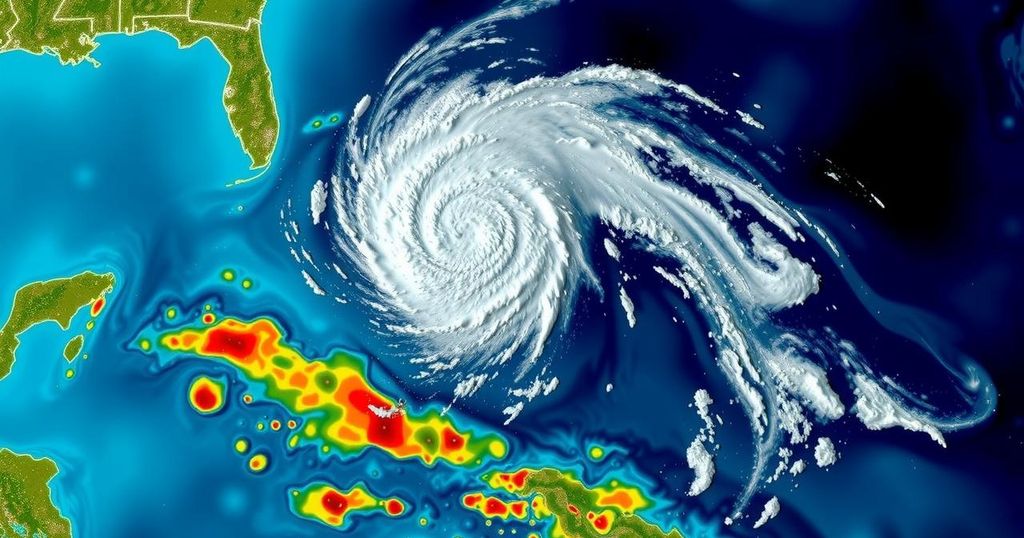The Impact of Climate Change on Hurricane Intensity: Insights from the 2024 Season

A recent study suggests that the intensity of the 2024 hurricane season in Central Florida can be linked to climate change, specifically due to higher sea surface temperatures. Notable hurricanes, including Beryl and Milton, demonstrated unprecedented strength, raising concerns about future weather patterns and the increasing impact of human activities on tropical cyclone intensity.
The recent hurricane season in Central Florida has drawn significant attention, particularly regarding its severity and the role of climate change. A study released on November 20 indicates that rising sea surface temperatures may have played a critical role in the unusual intensity of this year’s hurricanes. Hurricanes Beryl and Milton exemplified this trend, with Beryl establishing records for earliest and most powerful hurricanes in its category. The study conducted by Climate Central suggests that human-induced ocean warming resulted in hurricanes that were approximately 18 mph stronger than historical averages, raising concerns about future weather patterns and their implications.
The discussion surrounding climate change has intensified post a destructive hurricane season in Central Florida. As meteorologists analyze and forecast hurricane activity, understanding the potential impacts of climate change on storm intensity and frequency has become paramount. New research highlights the correlation between elevated sea temperatures and the unprecedented strength of recent hurricanes, underscoring a potential shift in hurricane behavior tied to global temperature increases.
In sum, the evidence presented by Climate Central points to a troubling trend: hurricanes are becoming more powerful, likely fueled by climate change. The phenomenon prompts critical questions regarding future weather patterns, seasonal changes, and the overall implications for regions prone to hurricane activity. The data emphasizes the need for ongoing research and adaptation strategies as the climate continues to evolve.
Original Source: www.clickorlando.com






